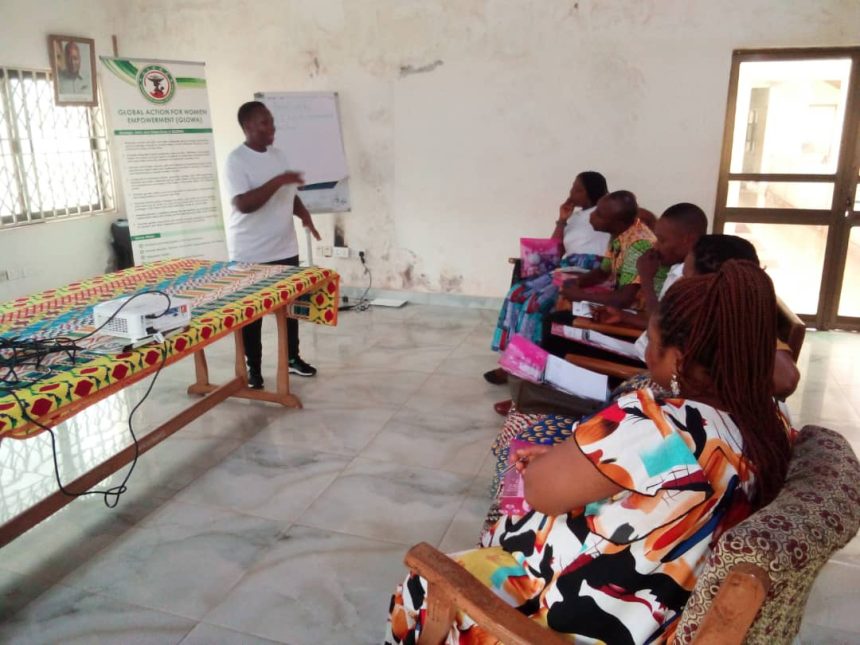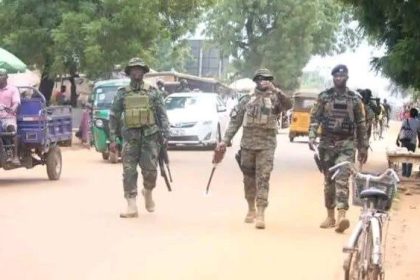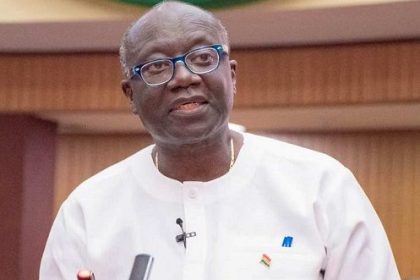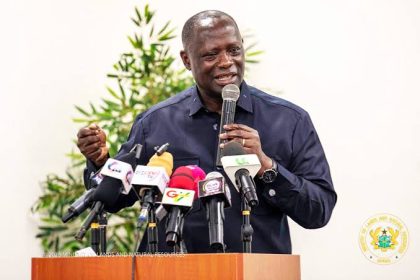Global Action for Women Empowerment (GLOWA), in partnership with the Strengthening Investments in Gender-Responsive Climate Adaptation (SIGRA) project, has organized a two-day capacity-building training for women-led Community-Based Organizations (CBOs) in the Akatsi North District of the Volta Region.
The training, held on October 6 and 7, aimed to equip women-led and community-based organizations with the knowledge and skills to effectively engage in local government public financial management processes and promote inclusive and equitable development outcomes.
The initiative, implemented by Co-Water International (Co-Water Ghana) and supported by Global Affairs Canada under the SIGRA project, also sought to deepen participants’ understanding of local development planning and budgeting, while identifying entry points for civic engagement.
Participants were trained on applying gender and social inclusion analysis to district plans and budgets, developing evidence-based advocacy messages, facilitating inclusive community consultations, and establishing follow-up mechanisms to promote accountability in budget implementation.
Speaking to the Ghana News Agency (GNA), Ms. Rosemond Ewoenam Atutonu, Executive Director of GLOWA, said the training was crucial to ensure that communities — particularly women and vulnerable groups — were not left behind in ongoing local development planning processes.
“Assemblies are currently collating community needs for their medium-term development plans. We organized this training so CBOs can return to their communities, identify and prioritize local needs, and advocate for their inclusion in these plans,” she explained.
Ms. Atutonu noted that while GLOWA had previously organized similar community-level training, this was the first targeted at civil society and community-based organizations.
“We realized that if fellow CBOs lack the capacity to engage, our collective voice as civil society will be limited. This training ensures that every group can understand the local governance system, know their role, and influence decision-making — especially with a gender lens,” she said.
She emphasized the importance of gender-sensitive approaches in development planning to reflect the unique needs of women, men, and vulnerable groups.
Mr. Iddrisu Issahaku, Regional Development Officer for the SIGRA project, said the overarching goal of SIGRA was to strengthen gender-responsive climate adaptation and enhance the resilience of women, children, and other vulnerable populations.
“We are supporting GLOWA to build the capacity of district-based civil society groups, particularly women-led ones, so they can engage meaningfully in planning and budgeting processes,” he said.
He added that following the training, participants would take part in consultative meetings for the 2026 composite budget of the Akatsi North District Assembly before its approval by the end of October to ensure that the concerns of women, persons with disabilities, and other vulnerable groups are captured.
Mr. Issahaku also noted that SIGRA, in collaboration with Farm Radio International, plans to strengthen community-level awareness on gender equality and climate change through women-led CBOs.
Participating groups included the Hairdressers Association, Ave-Havi Youth Development Group, Dzayime Youth Association, and Aleka Women and Girls Empowerment Ghana.
Madam Adolphine Elinam Kudolo, a representative of Aleka Women and Girls Empowerment Ghana, commended GLOWA and Co-Water Ghana for the initiative, noting that it had improved their understanding of how to engage effectively with the district assembly on governance and budgeting issues.
“This training has empowered us to take part in decision-making processes that affect our communities, especially women and girls,” she said.
The training forms part of ongoing efforts under the SIGRA project to promote inclusive governance and strengthen women’s participation in local development planning across Ghana.
GNA






